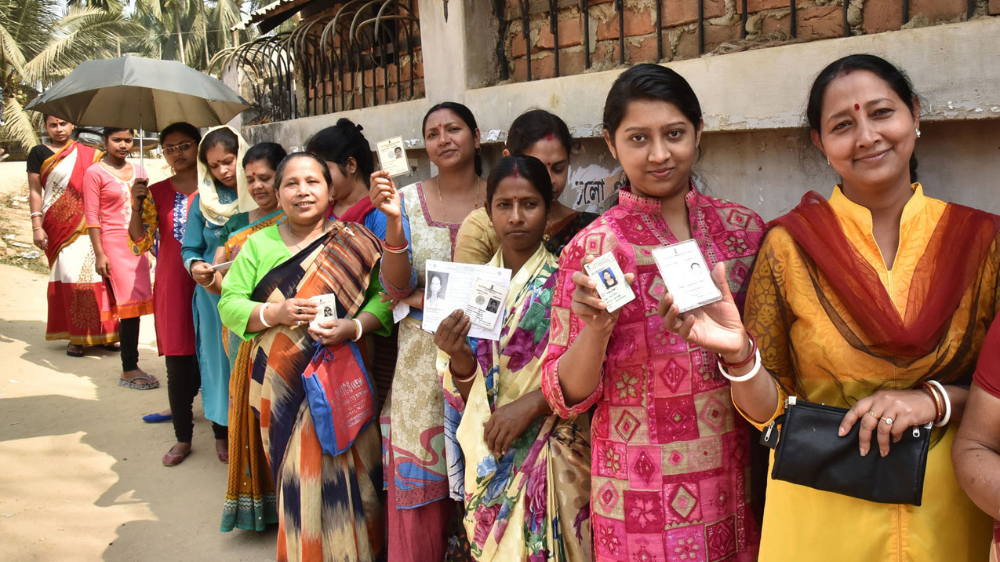2024 will be the biggest election year ever, with an estimated four billion people set to vote across more than 60 countries. Yet at the same time as a record number of people will be engaging in democracy’s most fundamental act, democracy itself is increasingly seen as vulnerable to autocratic and authoritarian tendencies on a global scale. Nowhere is this paradox more evident and acute than in India, a country that formally remains the world’s largest democracy but also ranks among the top autocratizing countries in virtually all global democracy rankings.
In this conversation, we discuss how Indian democracy has changed since Narendra Modi’s Hindu nationalist government first came to power in 2014: Has India become less democratic over time, and if so, why and how? Which political parties and forces will dominate the coming election, and what are the political issues that will shape the outcome? And, what does an Indian election mean for the state of global democracy?
On the panel:
- Niladri Chatterjee, Centre for Development and the Environment, UiO
- Deva Nandan Harikrishnan, Department of Culture Studies and Oriental Languages, UiO
- Francesca R. Jensenius, Department of Political Science, UiO
- Moderator: Kenneth Bo Nielsen, Department of Social Anthropology and the Norwegian Network for Asian Studies, UiO
The event is supported by UiO:Democracy and is open to all. Welcome!
